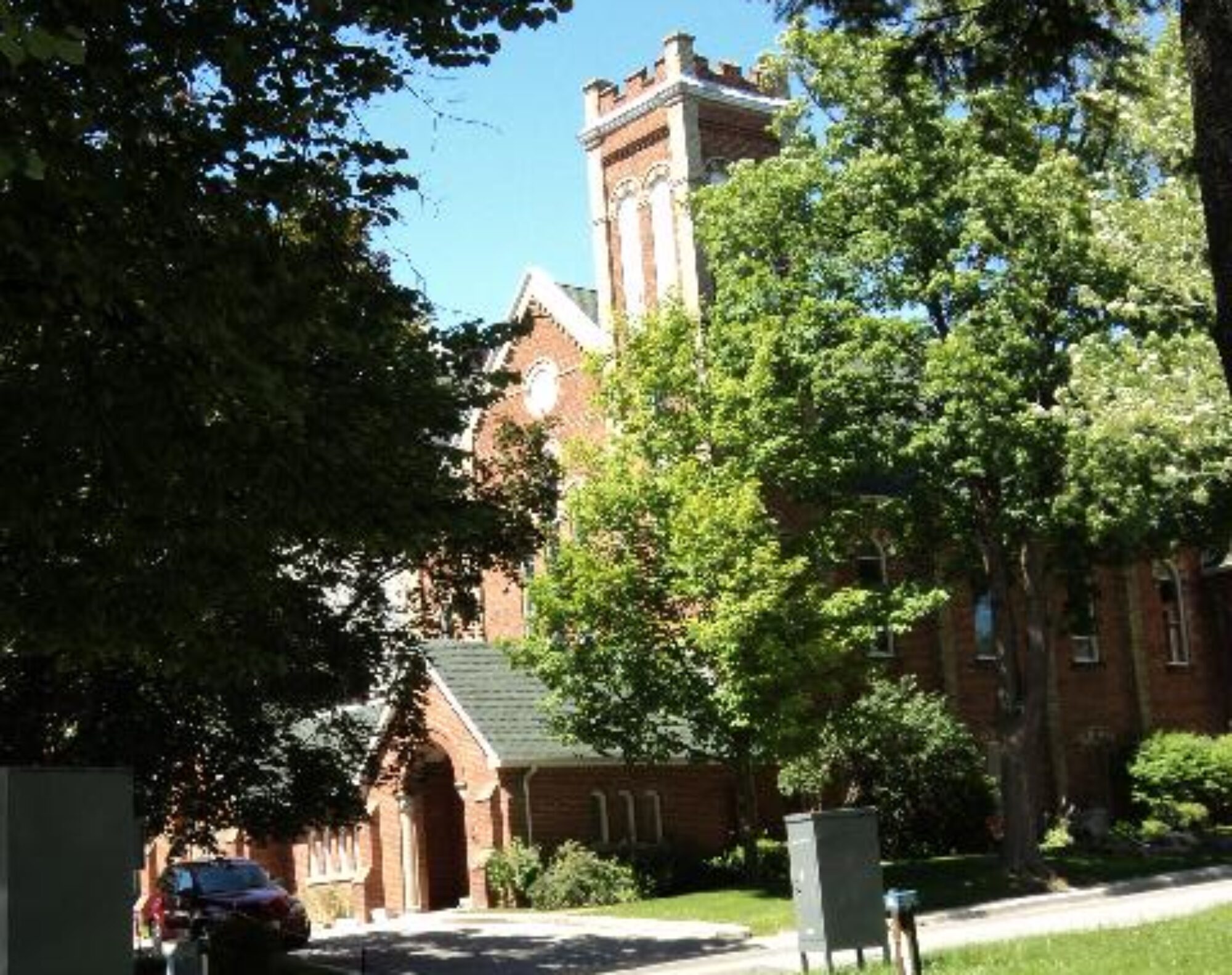“To this he replied: “Brothers and Fathers, listen to me! The God of glory appeared to our father Abraham while he was still in Mesopotamia, before he lived in Haran. ‘Leave your country and your people,’ God said, ‘and go into the land I will show you.’ So he left the land of the Chaldeans and settled in Haran. After the death of his father, God sent him to this land where you are now living. He gave him no inheritance here, not even a foot of ground. But God promised him that he and his descendants after him would possess the land, even though at that time Abraham had no child. God spoke to him in this way: ‘your descendants will be strangers in a country not their own, and they will be enslaved and mistreated four hundred years. But I will punish the nation they serve as slaves,’ God said, ‘and afterward they will come out of that country and worship Me in this place.’ Then He gave Abraham the covenant of circumcision.”
Acts 7:2-8a
These words begin the Spirit inspired answer that Stephen gave to the Sanhedrin’s charges which were levelled at him. He was accused of being a man who spoke against the Temple and the Law of Moses and as a disciple of the Lord Jesus Christ. The question which was asked of Stephen by the High Priest was whether these charges were in fact true. His answer seems to focus on these three accusations as they are answered by the history of the Hebrew people as it is revealed in their Scriptures. Stephen begins his answer by pointing to the God of glory and His gracious calling of a man named Abraham out the life he was leading in the pagan society of Mesopotamia. Steven J. Cole in his sermon entitled “Stephen: The Message” which can be found at www.fcfonline.org/content/1/sermons/021101m.pdf writes the following about the defence that the first martyr for the Christian Gospel makes.
“Stephen demonstrates clearly that God initiated the process of calling out a people for His Name and that He continued to pour out His grace on these people in spite of their own rebellion. He began by calling Abraham when he was in Mesopotamia, before he lived in Haran (7:20). Stephen refers to God as “the God of glory,” showing His majesty and separateness from sinful humanity. Abraham was a pagan idolater, living in a pagan culture, with no merit in him for God to appear to him and make a covenant with him. Why did God not call Abraham’s entire family, or why did He not tell Abraham to reach out to the cities of Ur or Haran, rather than to make the long journey to the land of Canaan? We do not know. All we know is that God sovereignly chose Abraham and poured out His grace upon him. God’s sovereignty is further underscored in 7:4 where Stephen states that God removed Abraham into this country. The nation of Israel owed its existence to God’s gracious promise to make a great nation out of Abraham’s descendants and to give them the land of Canaan.”
Stephen’s answer is to focus the Sanhedrin upon the message of grace which is found at the heart of the Word of God. This message, which manifests itself to a man living in an ungodly society, calling him out of it into a new place and way of living. Abraham responds with faith and obedience going to the place where God leads him. He would never have become the redeemed man of faith that the Scriptures reveal him to be if God had not graciously revealed Himself to him. Stephen then begins his answer by pointing us to an essential truth about the Lord Jesus Christ. He is the one who reveals the Father to us. As Jesus says to Philip, “Don’t you know Me Philip, even after I have been among you such a long time? Anyone who has seen Me has seen the Father. How can you say, ‘Show us the Father’? Don’t you believe that I am in the Father, and that the Father is in Me? The words I say to you are not just My own. Rather, it is the Father, living in Me, who is doing His work.” (John 14:9-10)
At its heart Stephen’s answer calls each person who confronts it with a powerful question. Do you believe that Jesus Christ is the manifestation of God’s grace sent into this world to redeem you?
